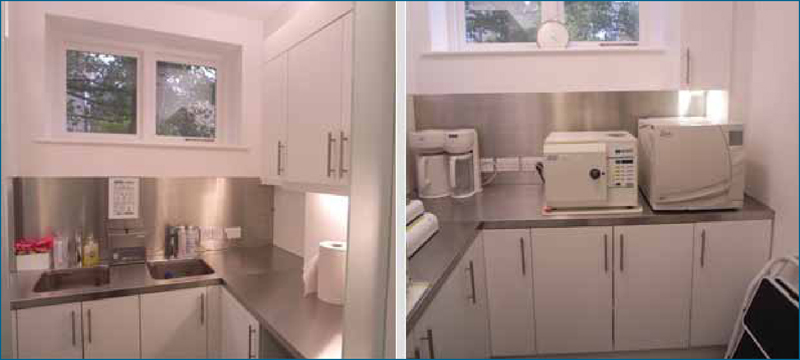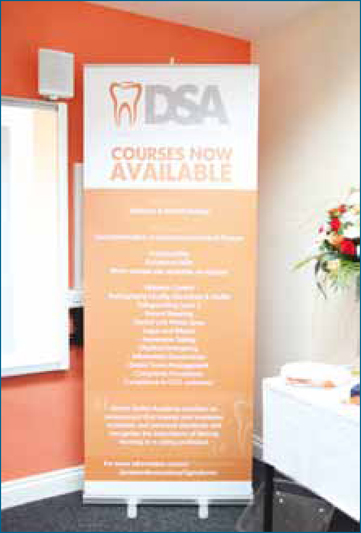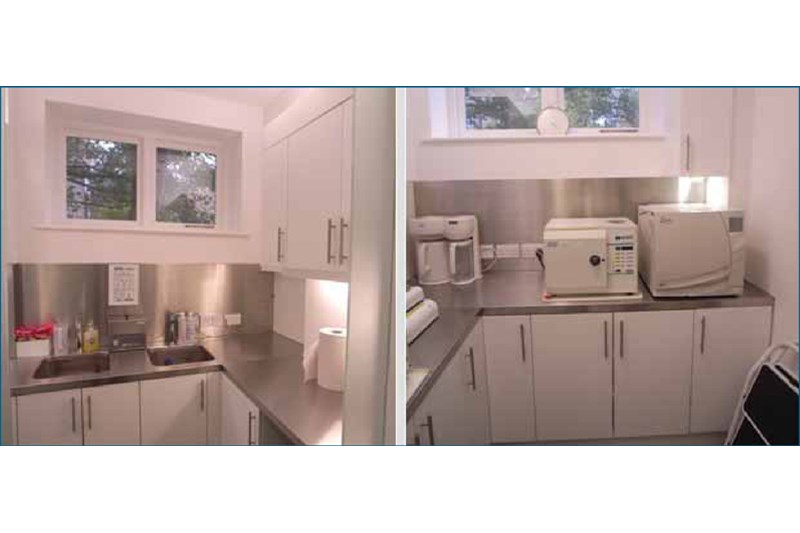New infection control qualification for dental nurses
Published: 01/05/2014
As dental nurses take on more infection control responsibilities within a dental practice, it is important that they are adequately trained and qualified. Dawn Cluley, Dental Manager/Lecturer/Consultant at Lozells Dental Practice, Birmingham, discusses a new qualification for dental nurses
I have worked in dentistry for many years and currently deliver CPD across the country to dental professionals. I find my role extremely rewarding.
While delivering CPD sessions, I have recently noticed the mood has begun to change within the profession. Dental nurses have become rather unsettled with the lack of information regarding the process of the decontamination room and validation.
There is conflicting information regarding best practice on decontamination validation. Sales representatives are advising staff on one set of standards. CPD providers are advising something completely different. So who is right and who is wrong?
Dental nurse training
Dental nurses are now aware that when a Care Quality Commission (CQC) inspection takes place at a dental practice, it is the infection control lead's responsibility to demonstrate the process within the decontamination room and to prove compliance within validation.
So where and when did a dental nurse receive such training? Well, there is no formal training available for you—until now, that is.
Time and again I have been asked about the decontamination process at my lectures. As such, I thought it was time something was done about the lack of qualifications.
I took the challenge upon myself and contacted the infection control organisations within dentistry to ask questions about the decontamination room. The answers coming back to me were very vague or I was told to refer to the HTM 01-05 document. As dental nurses are aware by now, this document is indeed very informative; however, the vast majority of the document is suggestive and one's interpretation of the document can vary to that of your colleagues. It is no wonder why there is so much confusion?
What can be done about this?
I decided to develop a qualification that would be factual, informative and guide everyone towards the legislation compliance required.
This was no easy task. It took me months. I started my career as a dental nurse and have no training in producing dental qualifications; however, after listening to dental nurses around the country, I knew this had to be done.
I began by writing a story of the decontamination procedure. When the story was completed, I didn't know what to do about it. I spoke to City & Guilds, who told me they didn't believe there would be a need for such a qualification.
I contacted every dental professional I knew and asked them to email me why they thought it was necessary to have such a qualification within the industry.
I sent the feedback to City & Guilds and this time I didn't get a response. I was ready to give up, but a friend of mine said that City & Guilds were having a meeting in Birmingham.
I was told that the person I needed to talk to would be in New Street Station in Birmingham for 20 minutes before her train was due.

Dental nurses are still confused about decontamination policies and validation

The Dental Smiles Academy at Lozells Dental Practice in Birmingham is providing the qualification on-site for its nurses
I had come this far and saw this as my last opportunity to be heard. I did not want to let my fellow dental nurses down. I picked up all my paperwork from my office and made my way to the train station. The woman must have thought I was mad.
She looked at the information and agreed there may be grounds for City & Guilds to consider this as a qualification. I don't remember much about the journey home that evening, but I remember how I felt. ‘Finally, the nurses would be heard,’ I thought.
After attending various meetings with City & Guilds for a further few months the qualification was set to be released. Finally, in September 2013, it was official—City & Guilds 3130 Decontamination of Dental Instruments and Devices was launched.
What does this mean for the profession?
Every dental nurse, or anyone who wishes to work in a decontamination room, can do so with the confidence and reassurance that they have a formal qualification. Each student will learn:
? How to prepare, load and operate decontamination equipment
? How to monitor the decontamination process
? Validation and maintenance of instruments and equipment
? Principles of infection control in the dental environment.
There are a number of people who would benefit from this qualification, including:
? CQC inspectors
? Assessors and tutors
? Students interested in developing a career within dentistry
? Anyone who wishes to work in the decontamination room.
If you are interested in finding out more about the qualification, please contact Dawn Cluley or Samantha Bell via email (
Author: MA Healthcare

.jpg?width=300&height=200&scale=canvas)









.jpg?width=150&height=100&scale=canvas)

